“My dear, I’m a millionaire — that’s my religion.”
|
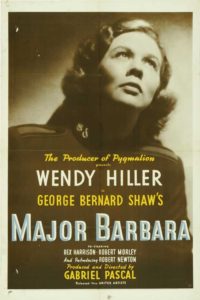
Synopsis:
When the headstrong daughter (Wendy Hiller) of a millionaire weapons manufacturer (Robert Morley) becomes a major in the Salvation Army, she makes it her life’s mission to save souls, and quickly secures a fiance (Rex Harrison) willing to do anything for her love. Meanwhile, Morley struggles over the question of who to leave his inheritance to.
|
|
Genres, Themes, Actors, and Directors:
- Deborah Kerr Films
- Inheritance
- Missionaries and Revivalists
- Play Adaptations
- Rex Harrison Films
- Robert Morley Films
- Robert Newton Films
- Wendy Hiller Films
Review:
After producing a successful cinematic version of George Bernard Shaw’s Pygmalion (1938), Austro-Hungarian Gabriel Pascal directed this adaptation of Shaw’s 1905 play about an idealistic young woman grappling with issues of identity, morality, compromises, and love — specifically, whether poverty is worse than munitions, and whether it’s better to feed the poor or provide them with work. Such universal concerns remain as relevant today as ever, and fans of Shaw’s work will likely be quite happy with this outing (though it’s not a personal favorite of mine). Hiller is note-perfect in the title role; Harrison is less annoying than usual as her sincere yet opportunistic suitor; Morley (only four years older than Hiller) is suitably pompous as heir to a dubious fortune; Robert Newton is on hand to provide plenty of nastiness a la his later characters in Oliver Twist (1948) and Treasure Island (1950); playwright Emlyn Williams has fun as shyster “Snobby Price”; and Deborah Kerr gives a sweet and compelling supporting performance in her film debut.
Note: Major Barbara is historically notable for having been filmed during the Blitz, yet still coming across as polished and professional.
Redeeming Qualities and Moments:
- Fine performances by the entire cast
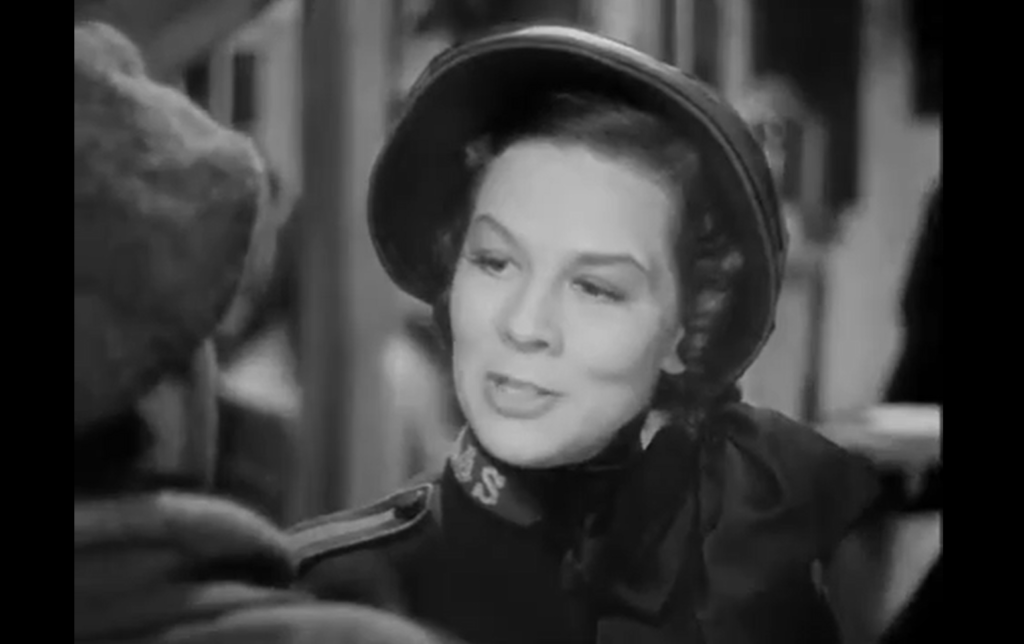
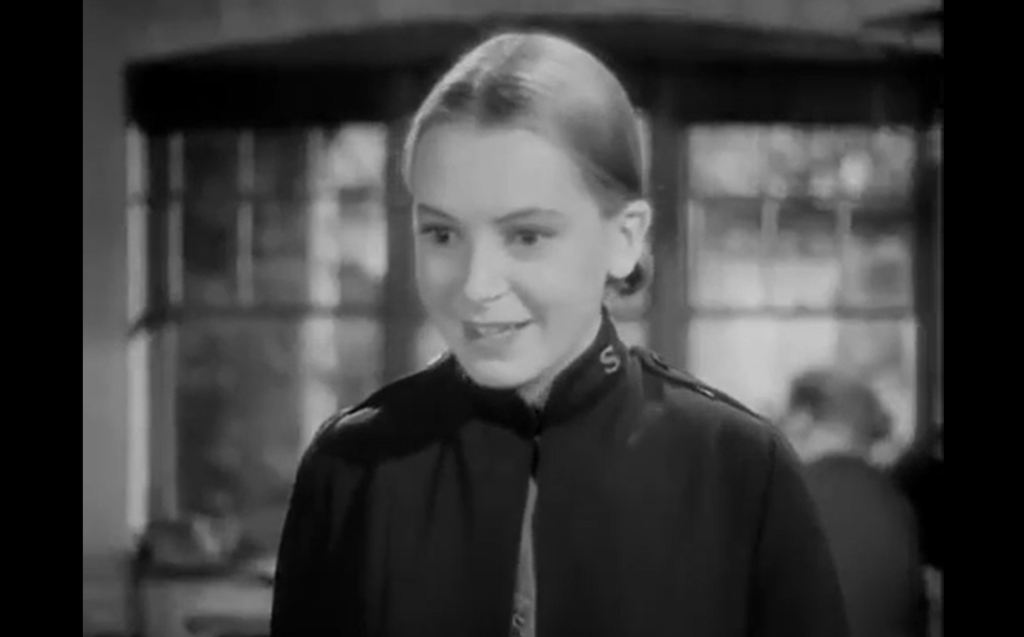
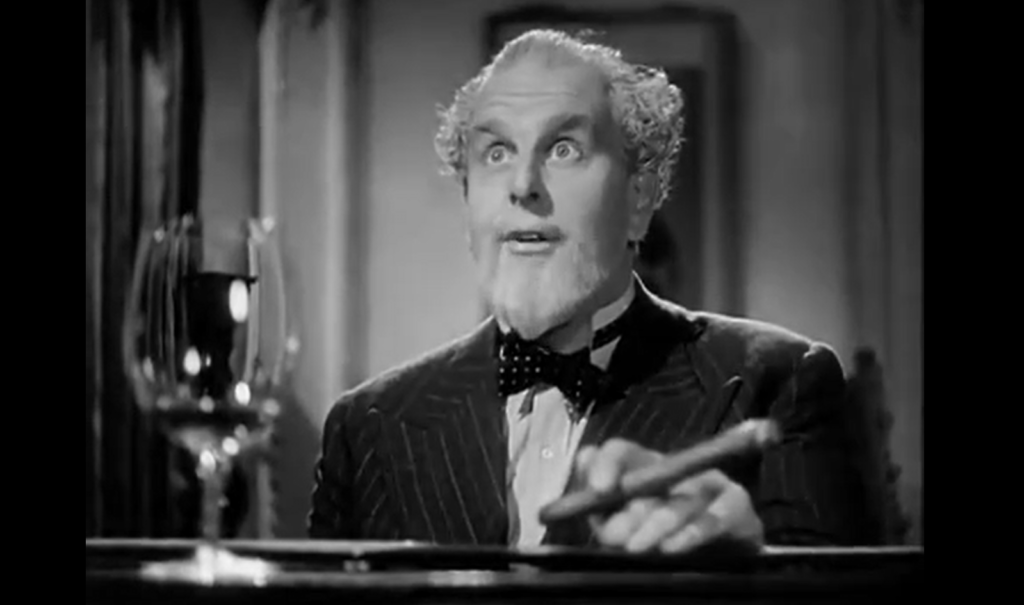
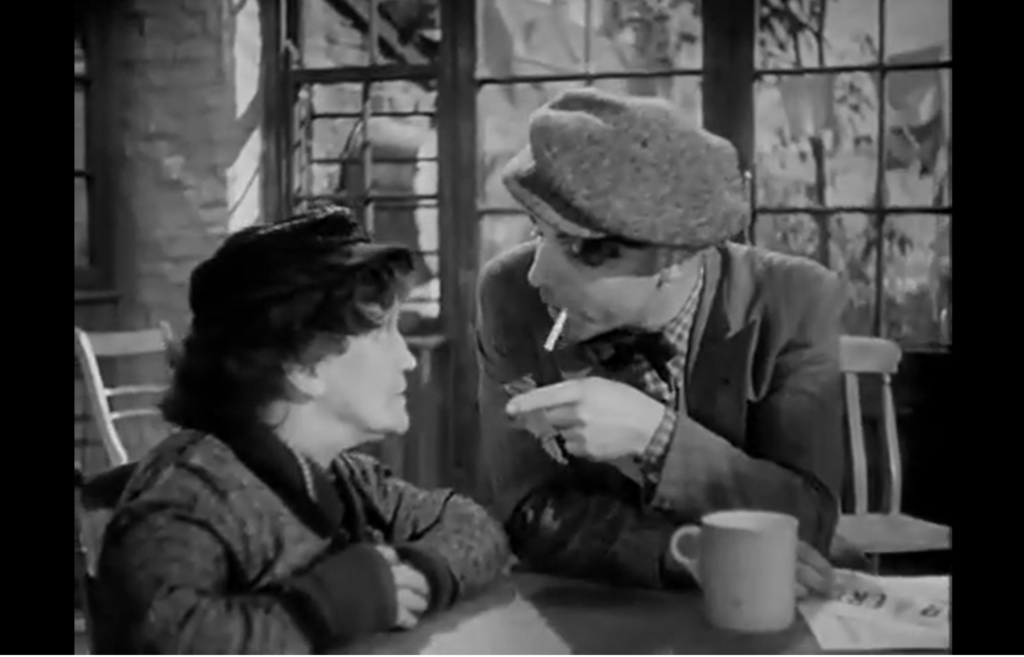
- Atmospheric cinematography by Ronald Neame
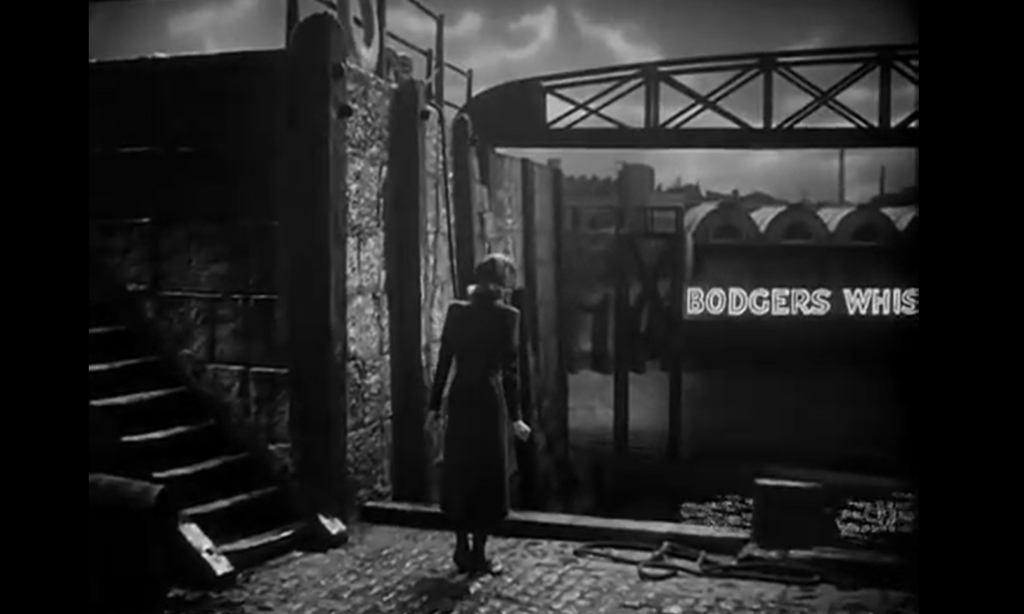
- Impressive sets
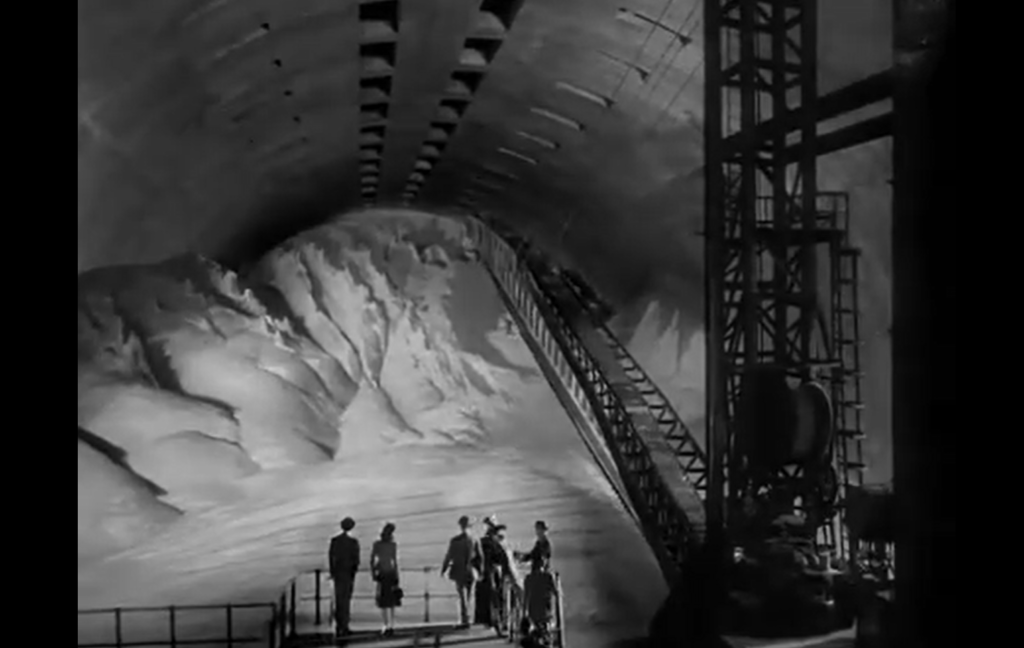
Must See?
No, though it’s worth a one-time look for its historical relevance. Listed as a film with Historical Importance in the back of Peary’s book.
Links:
|







One thought on “Major Barbara (1941)”
Only must-see for those with an interest in the work of GB Shaw.
I’d seen this film once before. Seeing it again, I find I can appreciate it though I don’t find it all that enjoyable. On the one hand, who am I to criticize the great GB Shaw? On the other… in revisiting his various works, I should assess on a case-by-case basis.
In the case of this particular play (adapted by Shaw himself for the screen), I can’t shake the idea (and this is a play hinged on one idea) that the same point keeps being made over and over. Things become repetitive in the assertion that capitalism isn’t such a bad thing after all.
The script is immensely intelligent without being more than intermittently witty. If Shaw’s contemporary Oscar Wilde had been interested in the subject matter, it’s likely he would have written a funnier play. As it stands, the film’s best and most successful comic sequence comes near the end – in the lively showdown between Morley and Walter Hudd as his insufferable son. (More than any other character in the piece, Morley is given the best lines throughout and his delivery is fun to watch.)
Particular problems arise with both Hiller and Harrison. Like a number of other characters here, Hiller’s role is drawn in a sort-of cardboard fashion. Although she’s the titular character, she’s so one-note – and a bit of a turn-off – in her fundamentalist fervor that we never see anything else in her. (I groaned when she actually went so far as to say, “My God, why hast Thou forsaken me?”)
For his part, Harrison says surprisingly little until – right at the end – he becomes a deus ex machina, in order to tie up the concerns of the play’s theme. It’s a showy conclusion for him (and a bit amusing) but also terribly convenient.